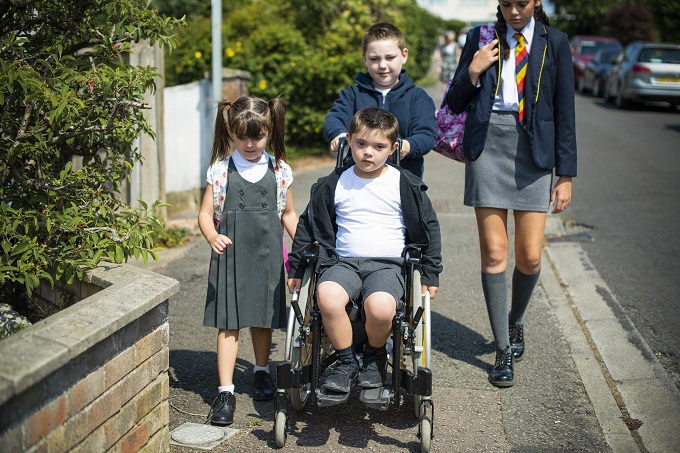
Imagine Better recently released a qualitative report, Spaces of Belonging, in collaboration with the Disabled Persons Assembly and University of Waikato. Comprised of interviews with disabled people and families it found that education was one of the places disabled people feel they do not belong and that this had significant impacts on disabled people throughout their lives, shaping identity and a sense of self.
In view of the long lasting impact of education on disabled people’s lives and wellbeing, disability advocates are calling on the Government to prioritise spending on creating a more inclusive future.
“In an environment where too many disabled children are being denied access to their local schools, creating more specialist settings lets regular education off the hook and continues to deny many parents and children the choice of good quality inclusive education in their local school,” says group representative and parent Tony Paine.
“If the Government is serious about getting good outcomes for disabled children and young people they need to invest significantly more in helping schools become genuinely inclusive.”
Since disabled children first gained the right to attend their local school, the value of separate educational settings for disabled children has been a point of debate. Imagine Better said that its position is not so much a concern that separate education settings exist, but that well-resourced genuinely inclusive education is not widely available: “That forces some families to ‘choose’ separate settings when what they really want is for their child to benefit from a regular inclusive education
“Claims in the cabinet paper on building segregated units that ‘Any proposals associated with [it]… will be consistent with… the United Nations Convention on the Rights of Persons with Disabilities…’ are wildly inaccurate as Article 24 of the Convention clearly requires state parties to develop fully inclusive education systems.”
“We think it is crucial that every classroom in New Zealand is a place where disabled children and their families are welcomed full-time, feel they belong, and where teachers understand their role as meeting the needs and ensuring the educational success of all students.
“We’ve seen too many children being educated by teacher aides and other specialists even though they are present in the classroom. We’ve got to do better than that if disabled children and young people aren’t going to be relegated to being ‘islands in the mainstream.”
The much-delayed English draft curriculum is now out for consultation, generating discussion from teachers.
Research from AUT demonstrates arts, culture and recreation have positive impacts on all aspects of…
How effective has the school phone ban been in achieving its aims? Researchers from the…
School camps and excursions deliver hands on learning experiences, helping to consolidate classroom learning.
Innovations in AV technologies present new opportunities to engage with students. We look at how…
A new report from the University of Auckland’s Our Voices Project asks young people what…
This website uses cookies.